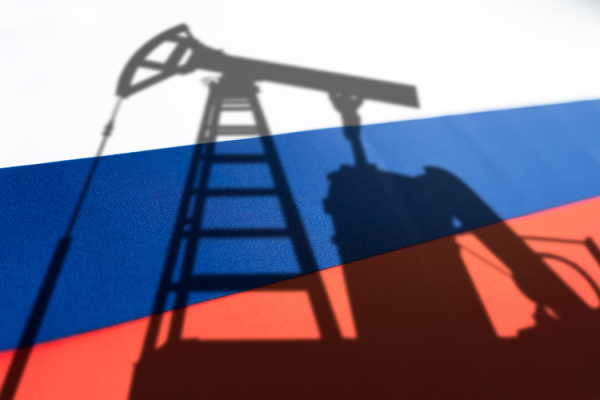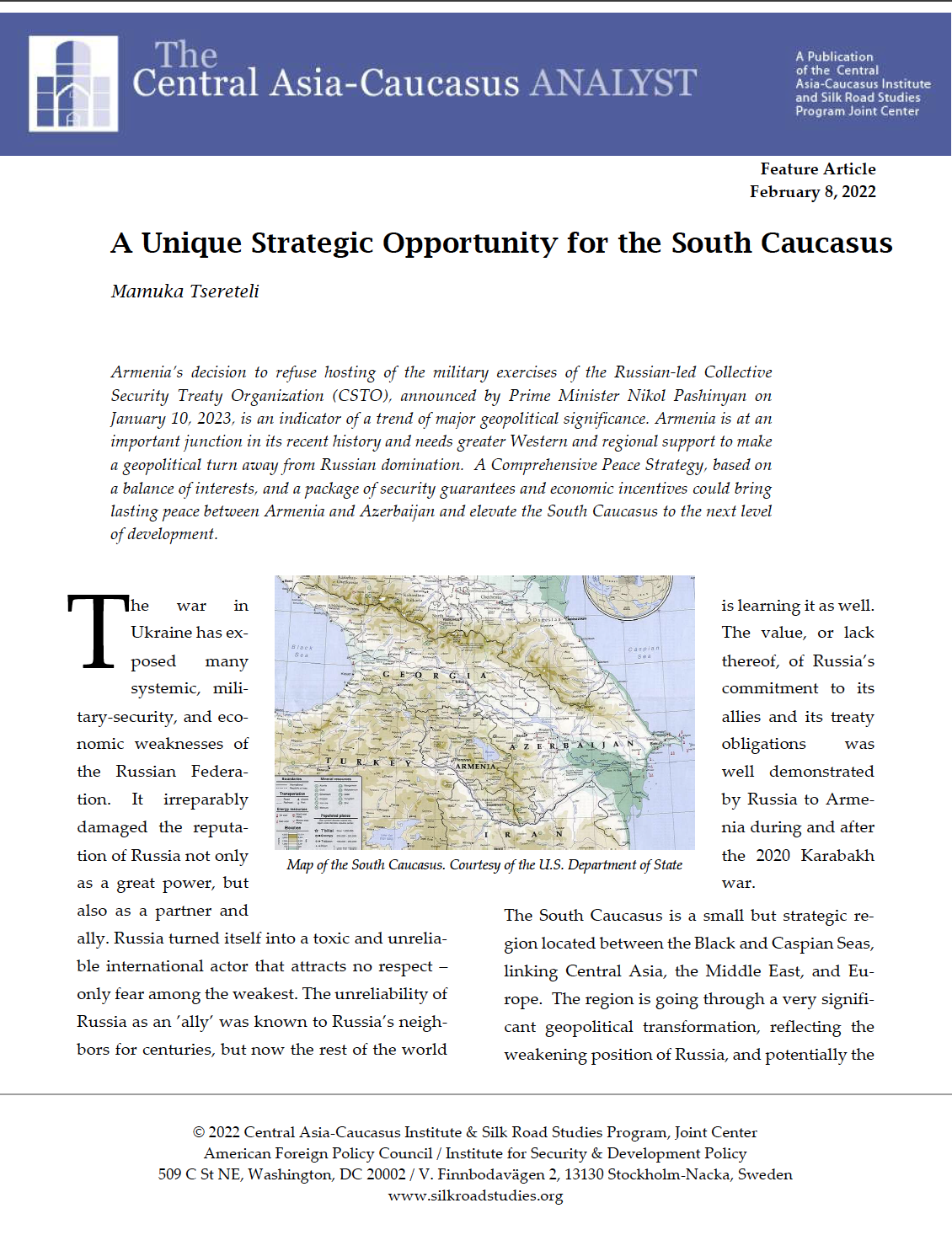Deepening Azerbaijani-Israeli Cooperation Contributes to South Caucasus Stability
By Robert M. Cutler
May 23, 2023
In mid-April, days before Azerbaijan opened its embassy in Tel Aviv, Israeli foreign minister Eli Cohen visited Baku to discuss regional security and Israeli diplomacy in Central Asia with President Ilham Aliyev and other senior officials. Israel’s deepening relations with Azerbaijan and the Central Asian countries—and the significant assistance that it can provide to these countries’ domestic economies as well as their security—contributes to the stability and security of the broader region in the face of Iranian bellicosity. They also give the Central Asian countries another “vector” for escaping the visegrip of Russian and Chinese influence.
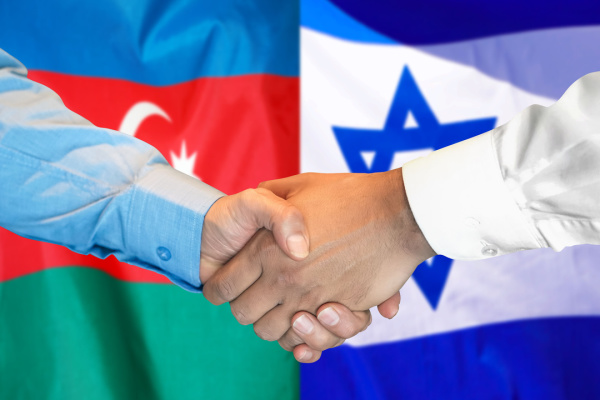
President Aliyev: “Relations between Azerbaijan and Iran are at the Lowest Level Ever”
By Brenda Shaffer
May 8, 2023
From day one of the independence of the Republic of Azerbaijan, Iran has been hostile toward Baku and consistently acted to undermine its security and independence. However, over the last year the ties between the two bordering countries have deteriorated to an unprecedented level, with Azerbaijan’s President Ilham Aliyev describing relations between Azerbaijan and Iran as “at the lowest level ever.” President Aliyev in a recent meeting with researchers laid out the factors that have led to this downturn. President Aliyev stated that in Iran, “terror is organized on a governmental level.”
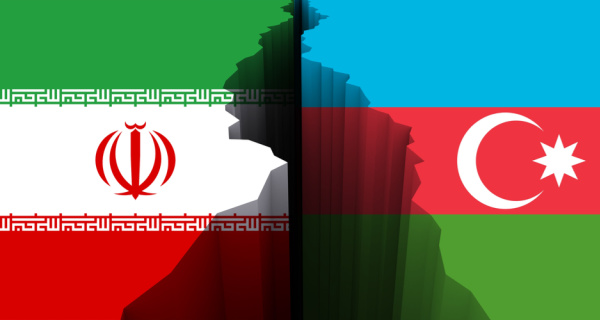
Iran-Azerbaijan Tensions and the Tehran Embassy Attack
By Alexander Yeo and Emil A. Souleimanov
May 8, 2023
On January 27, a gunman entered Azerbaijan’s embassy in the Iranian capital, killing a security officer. This violent incident appears to have taken place following numerous requests made by Azerbaijani diplomats to their Iranian colleagues to strengthen the security measures around the South Caucasian country’s embassy in Tehran. This is an unprecedented act of violence, comparable only to the incident in the summer of 2001 when an Iranian warship and fighter aircraft threatened a British Petroleum-navigated Azerbaijani vessel exploring the oil reserves of an area in the south-western Caspian contested by Iran. The event is regarded by some observers as a turning point in Azerbaijani–Iranian relations, and has been followed by a diplomatic spat between the two countries.
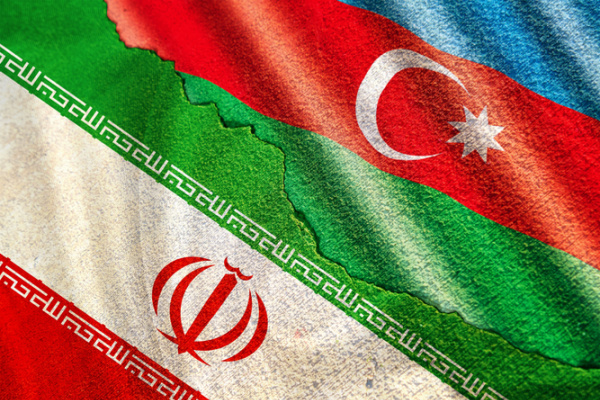
A Unique Strategic Opportunity for the South Caucasus
By Mamuka Tsereteli
February 8, 2022
Armenia’s decision to refuse hosting of the military exercises of the Russian-led Collective Security Treaty Organization (CSTO), announced by Prime Minister Nikol Pashinyan on January 10, 2023, is an indicator of a trend of major geopolitical significance. Armenia is at an important junction in its recent history and needs greater Western and regional support to make a geopolitical turn away from Russian domination. A Comprehensive Peace Strategy, based on a balance of interests, and a package of security guarantees and economic incentives could bring lasting peace between Armenia and Azerbaijan and elevate the South Caucasus to the next level of development.
Iran and Russia: from “Oil-for-Goods Swap” to “Oil-Gas Swap”
By Vali Kaleji
January 17, 2023
Recent agreements between Tehran and Moscow on an oil-gas swap is another sign of Russia’s turn towards Asian oil and gas markets and closer relations between the two countries in light of Russia’s war in Ukraine. If these agreements are finalized, Iran will import 20 billion cubic meters (bcm) of gas from Russia annually. Since Iran and Russia do not have a common land border, gas must be swapped from two routes, namely Kazakhstan and Turkmenistan in Central Asia and Azerbaijan in the Caucasus.
